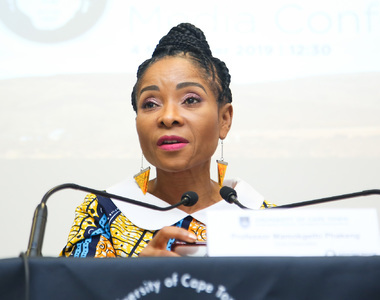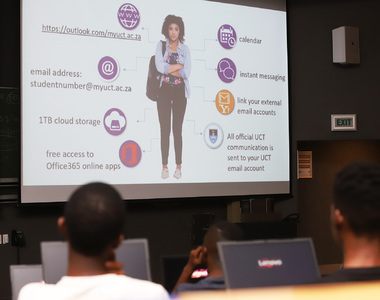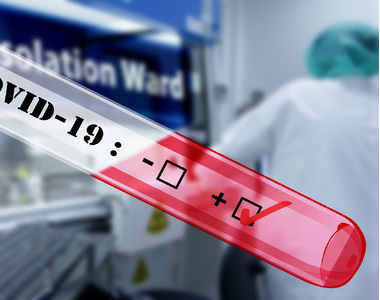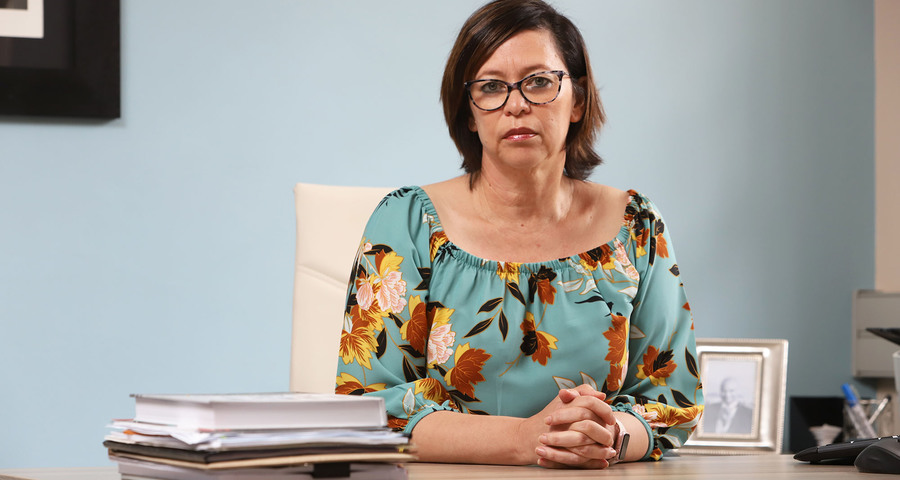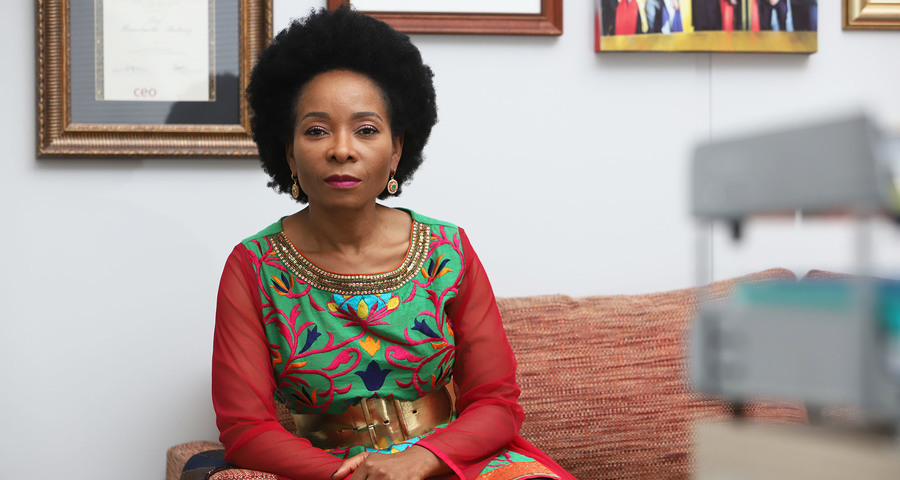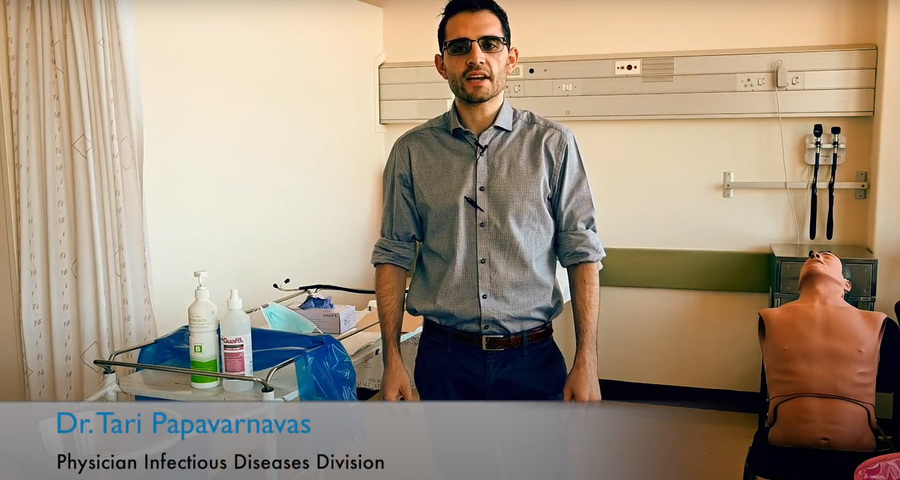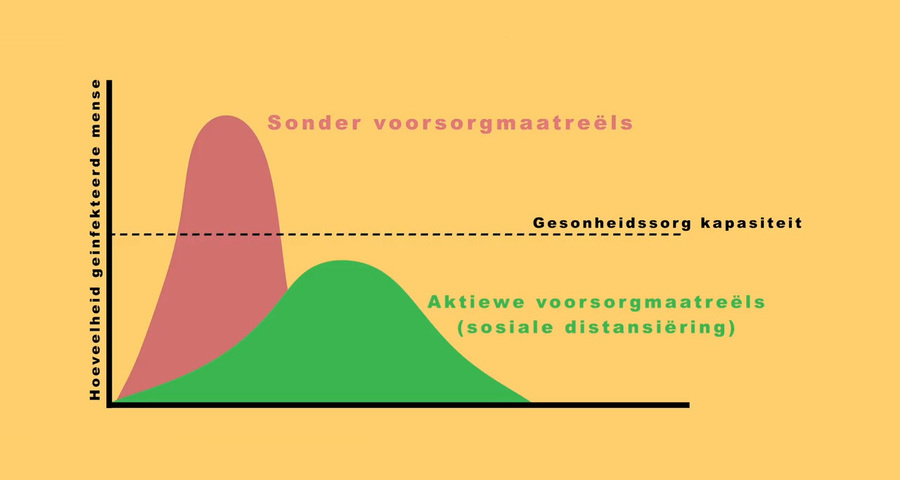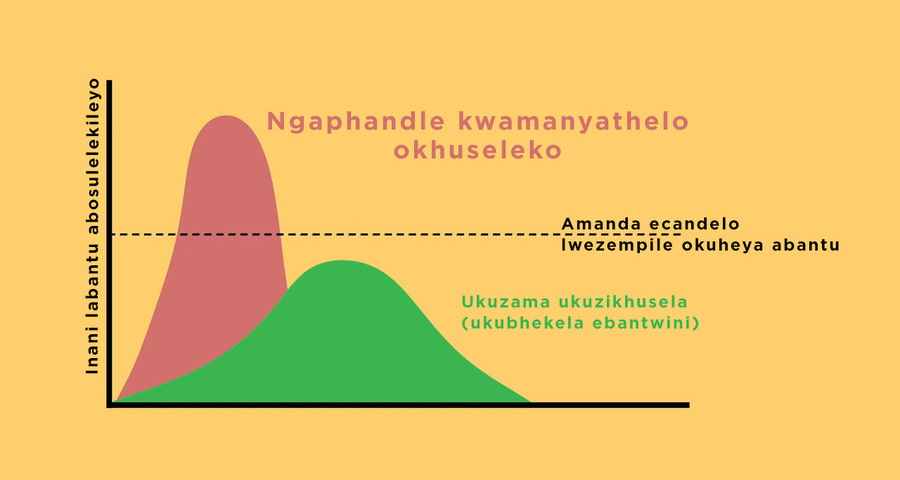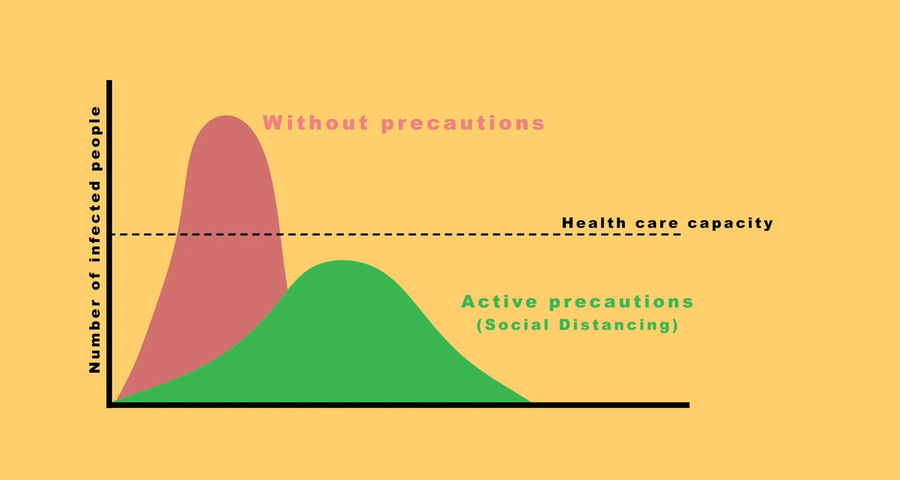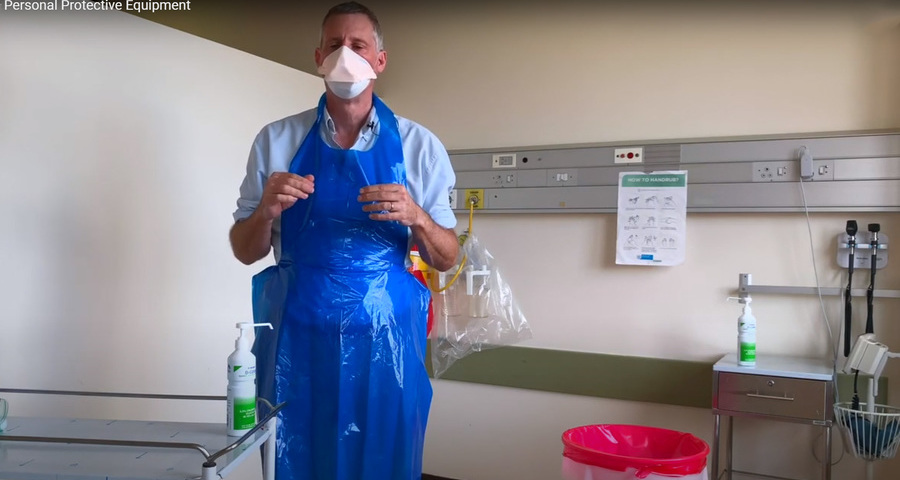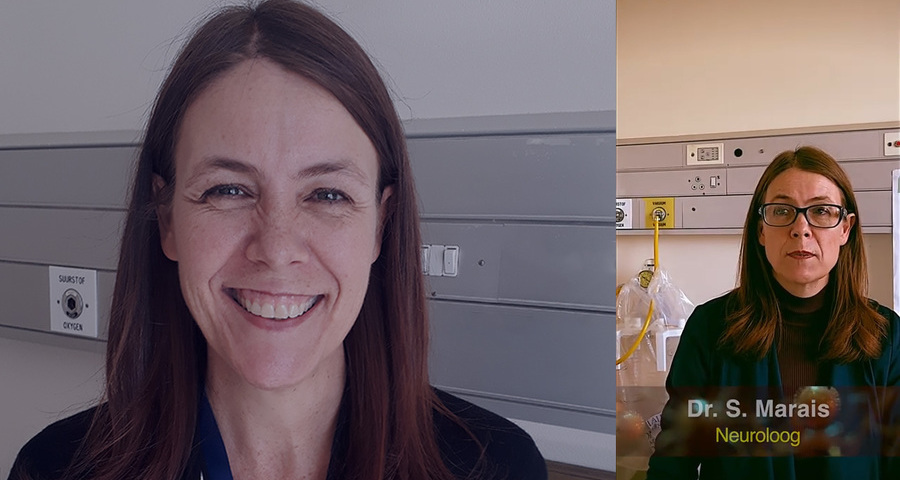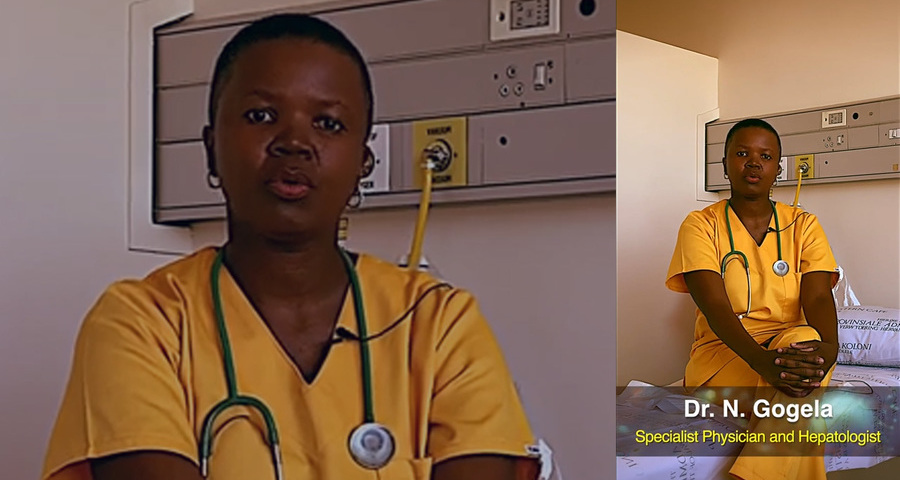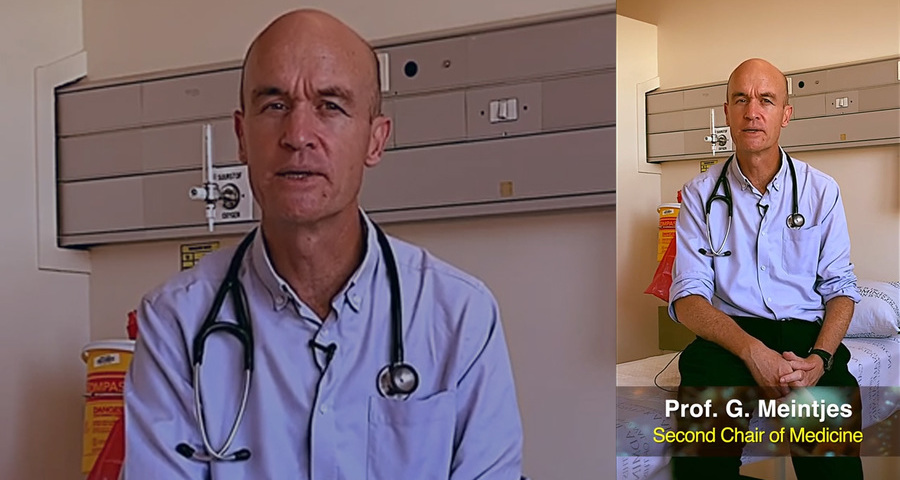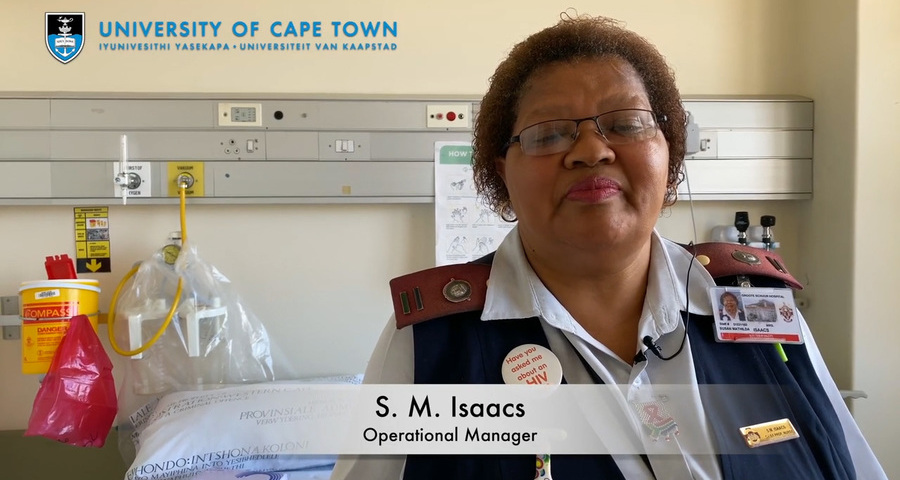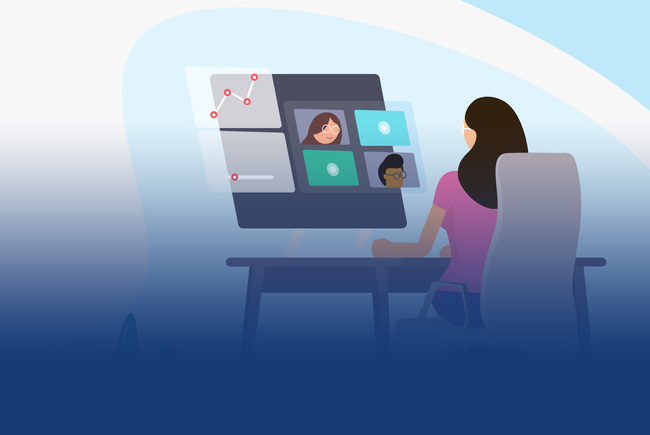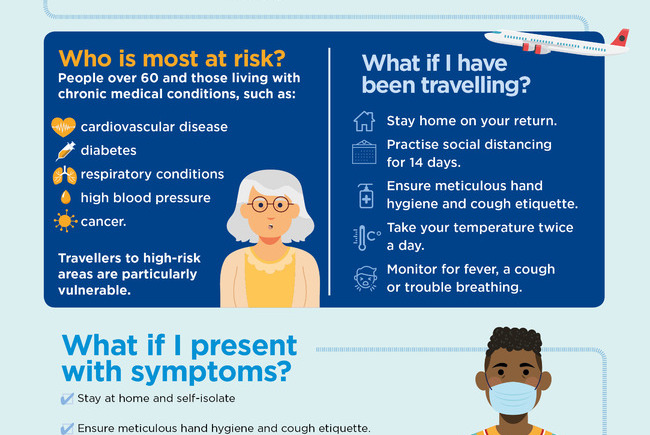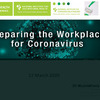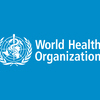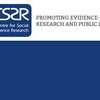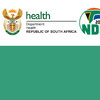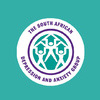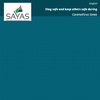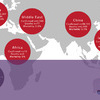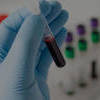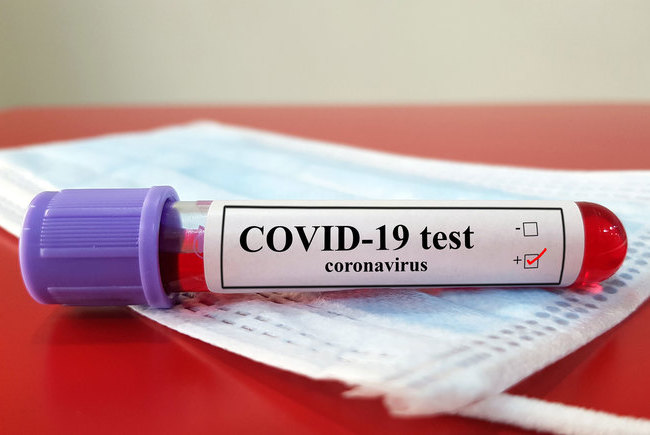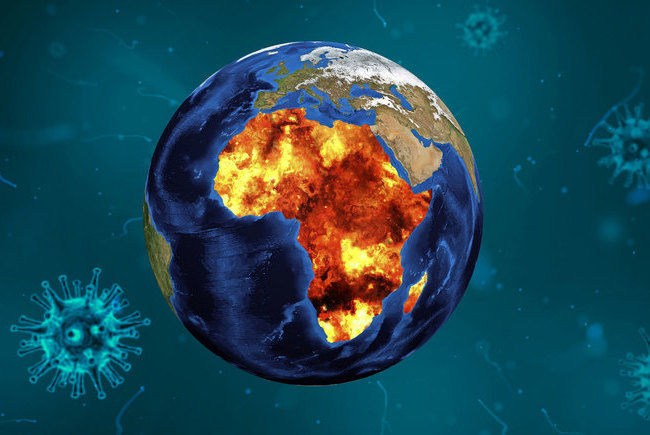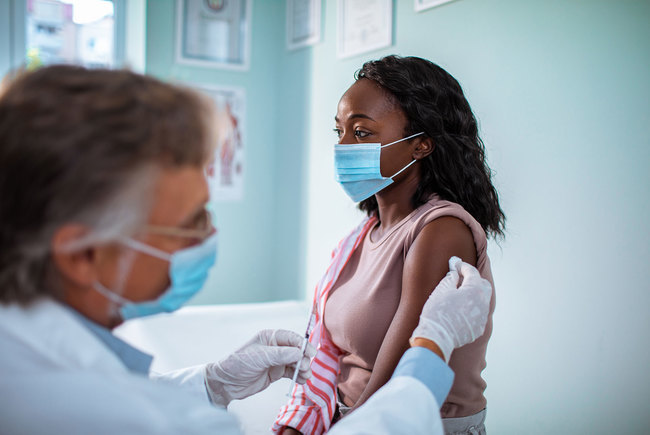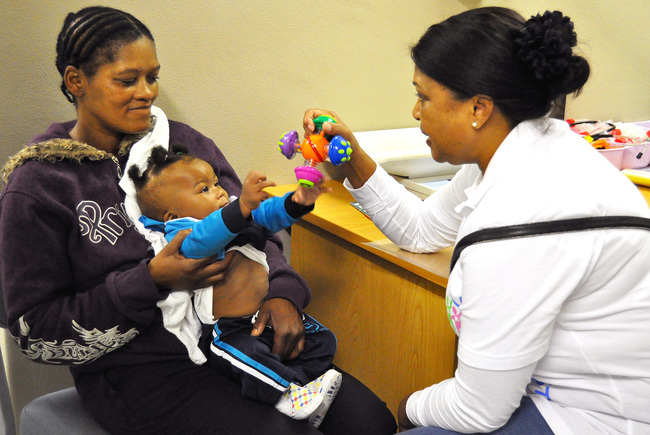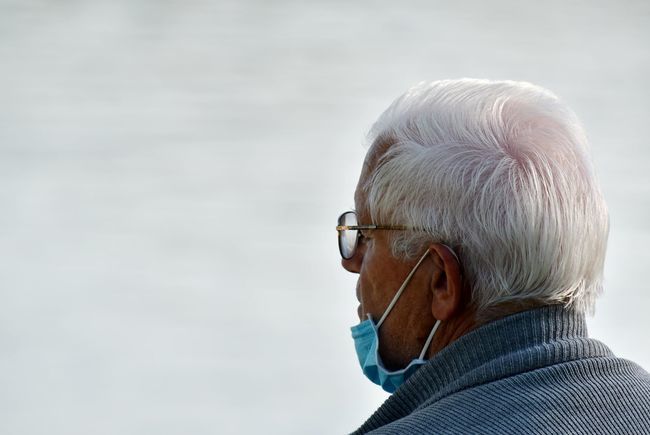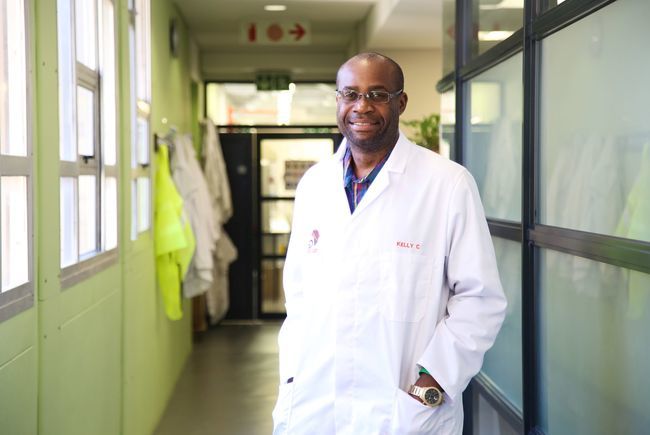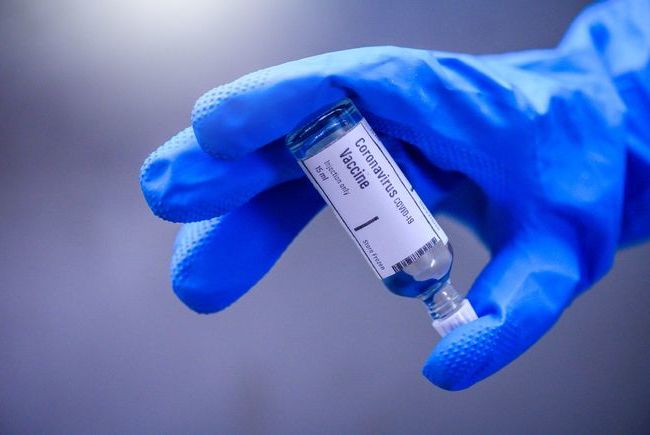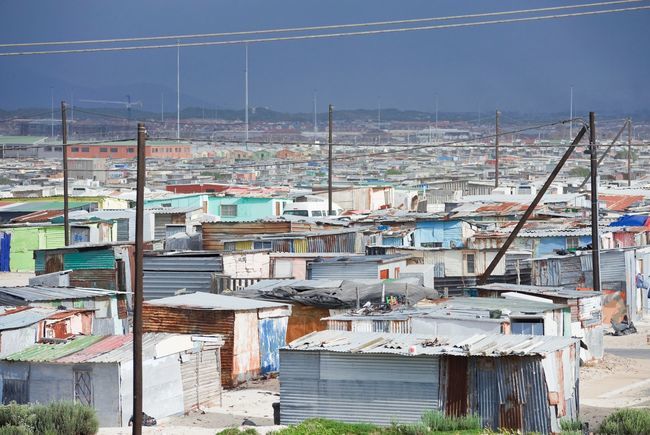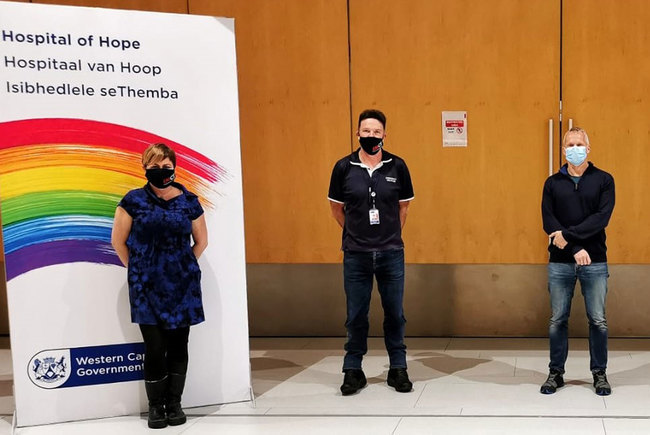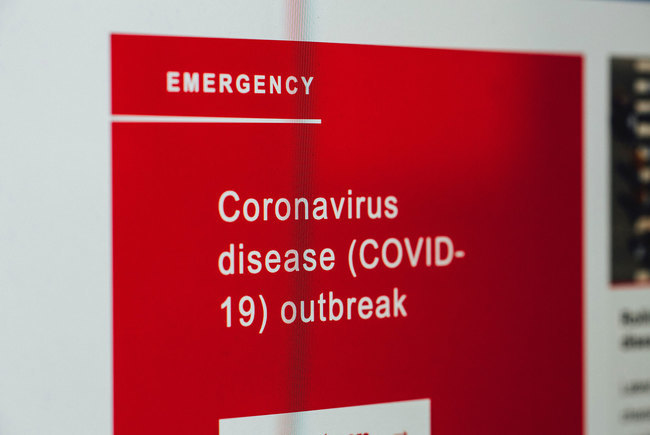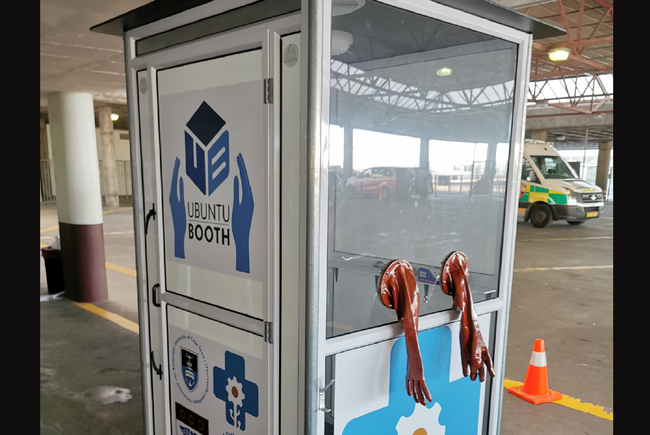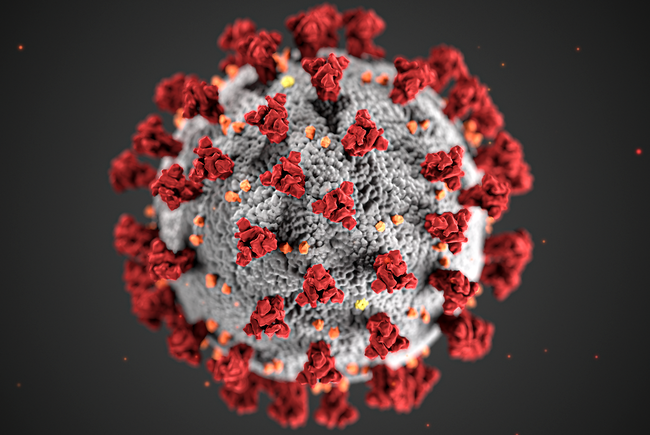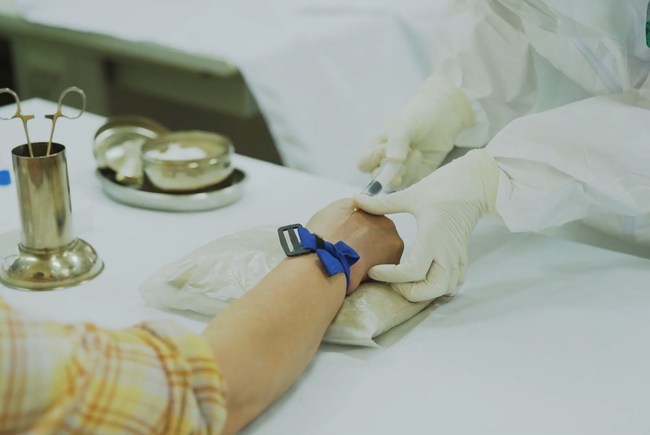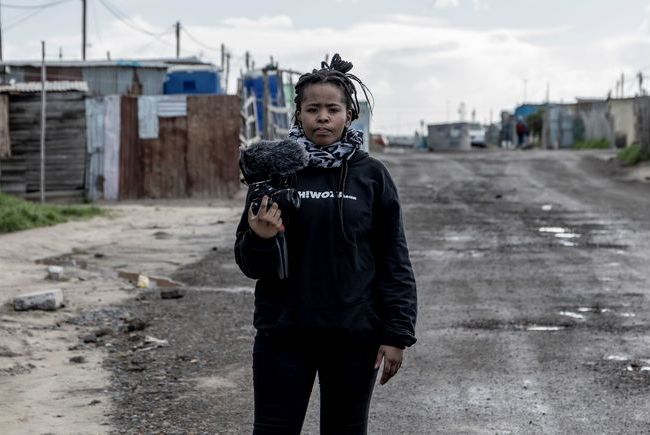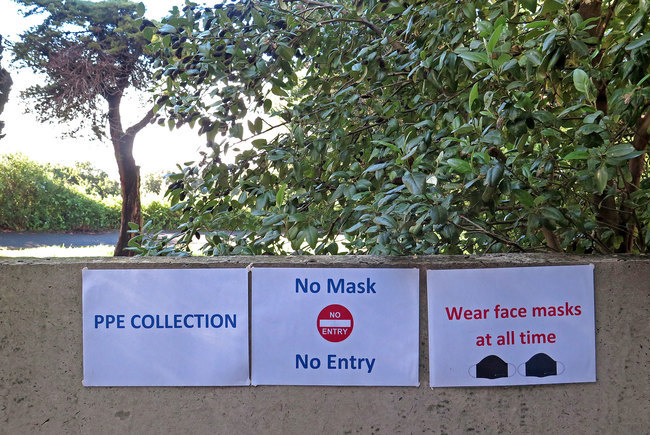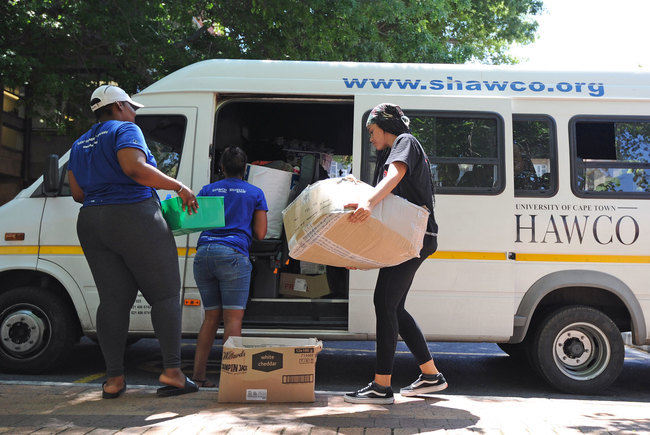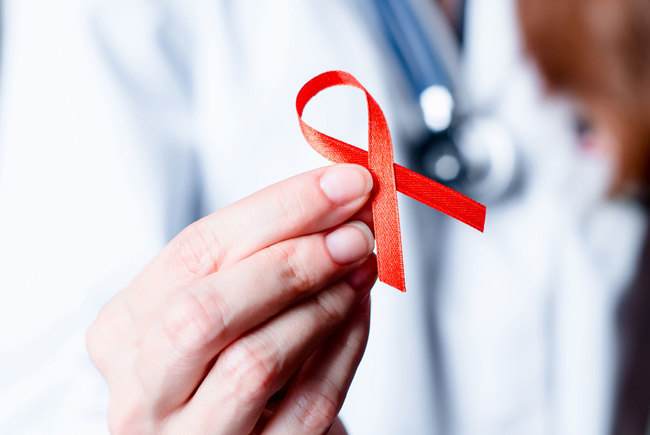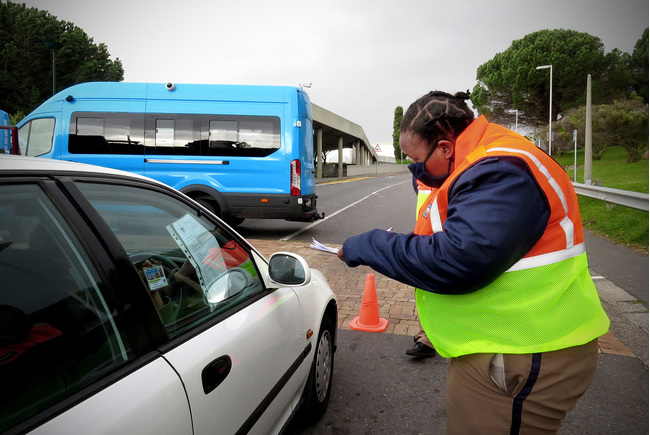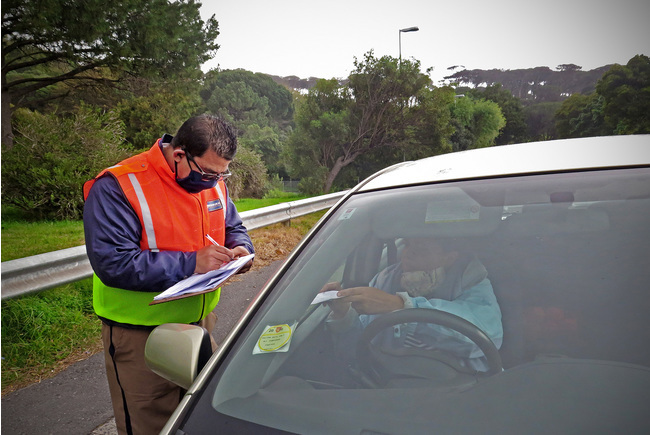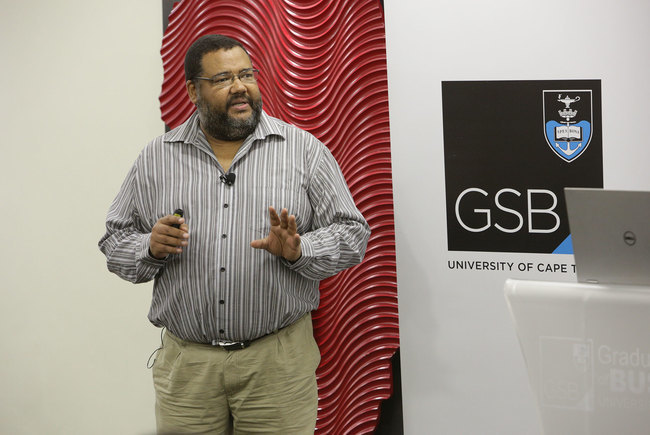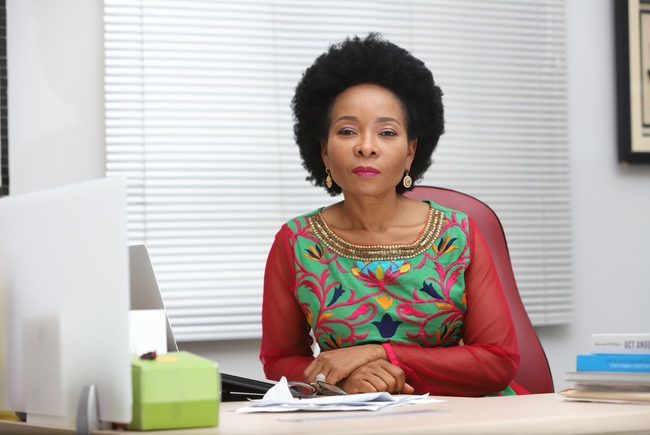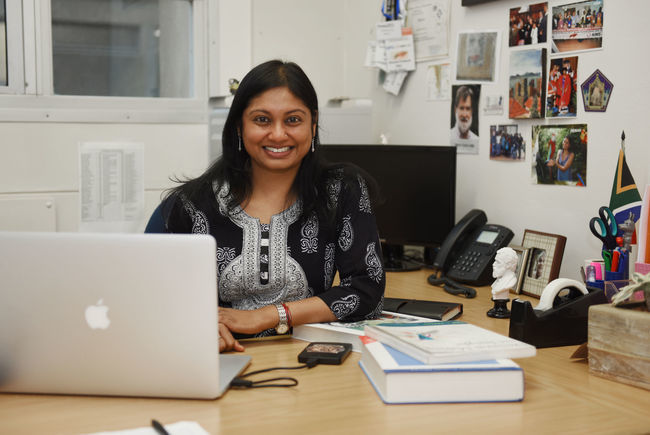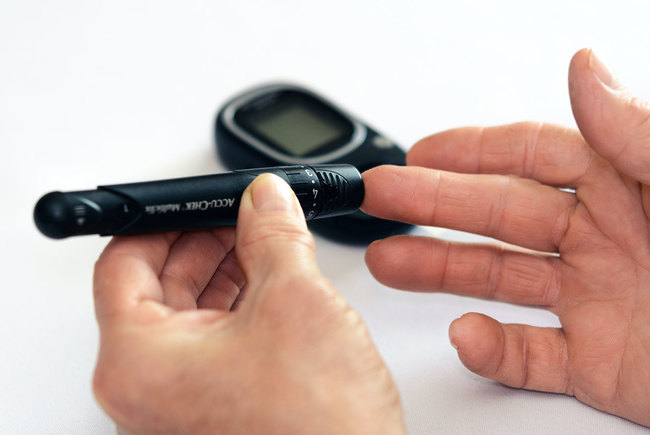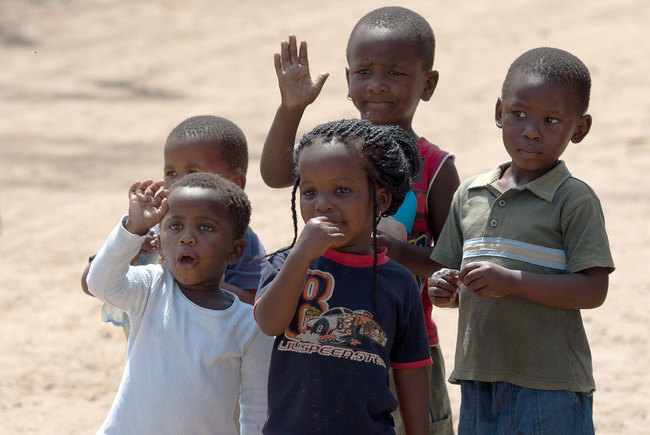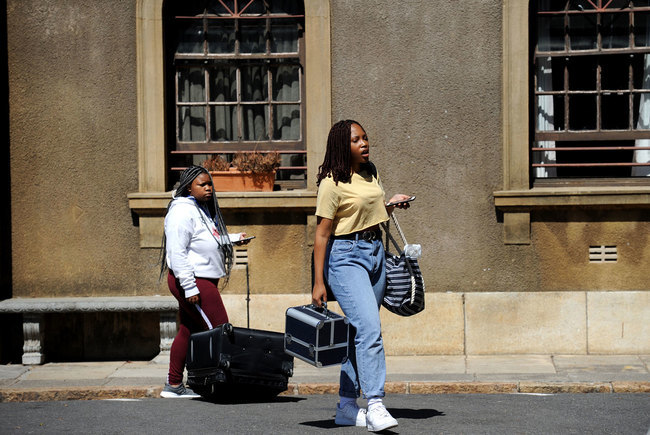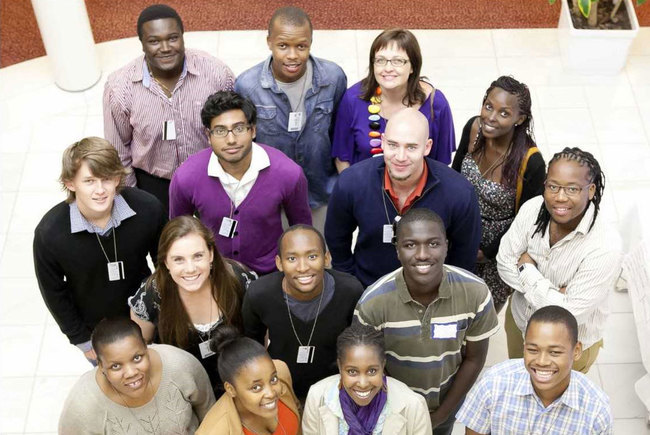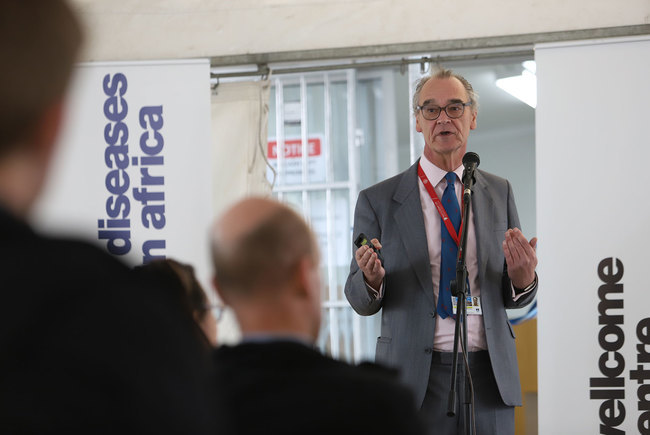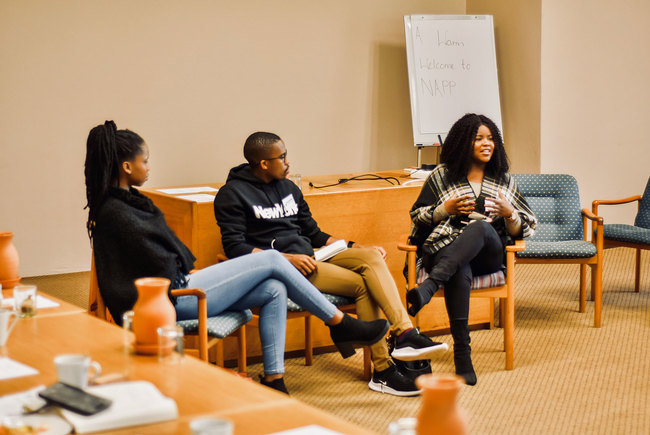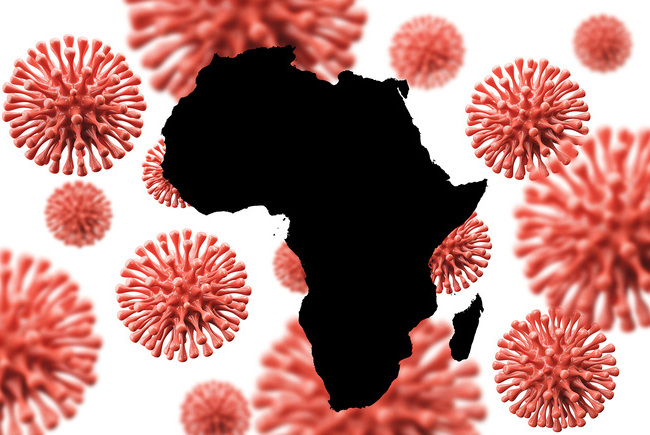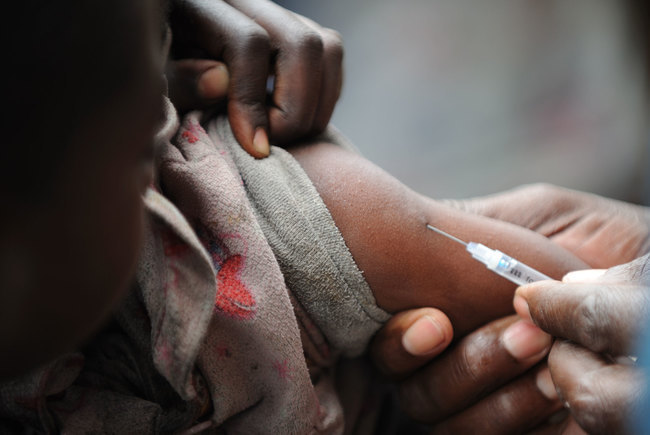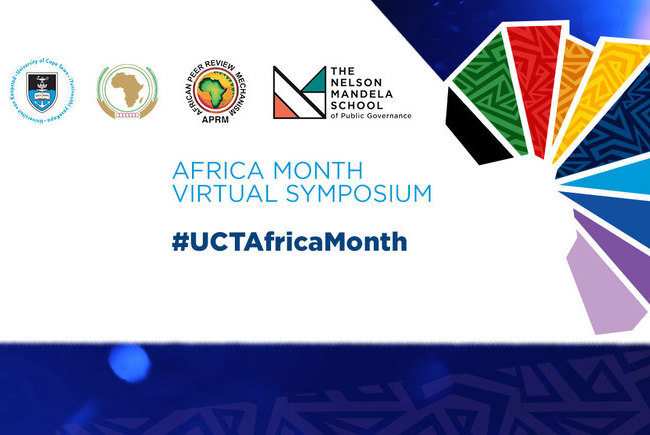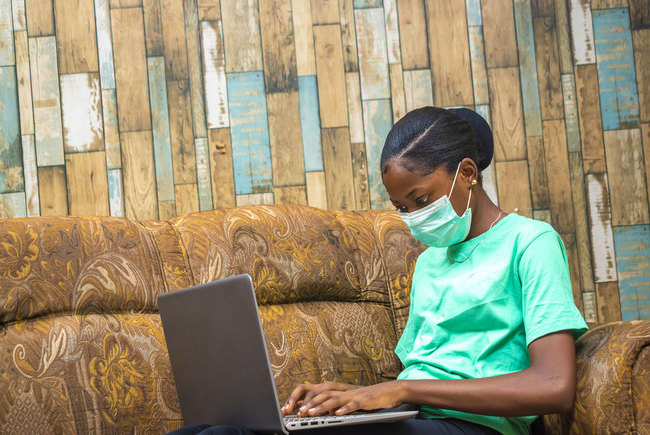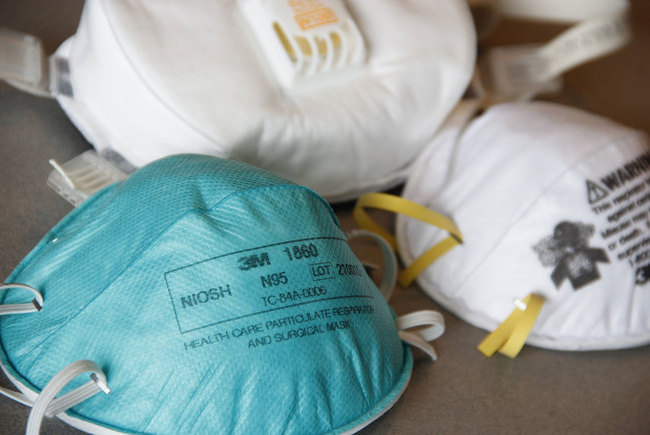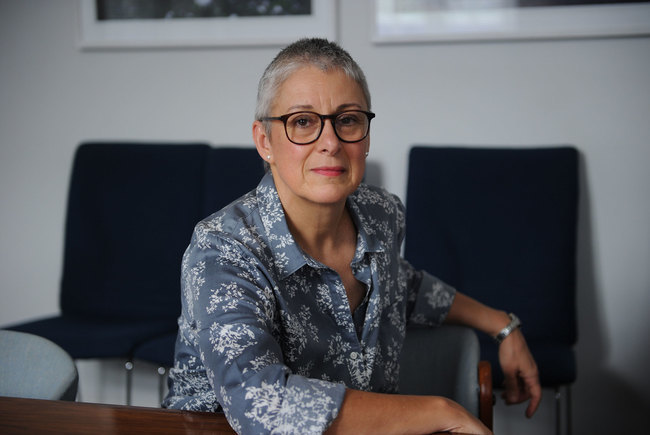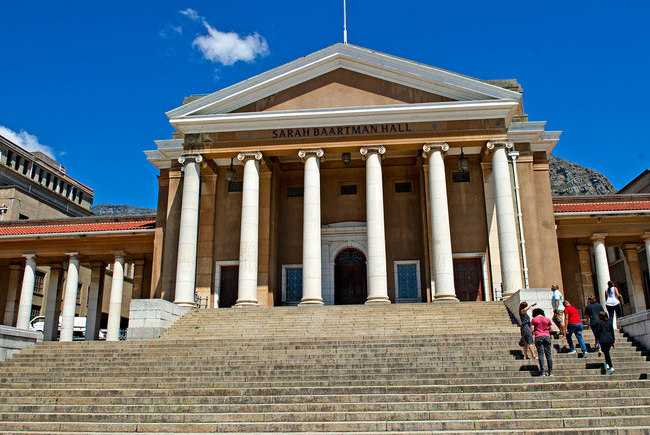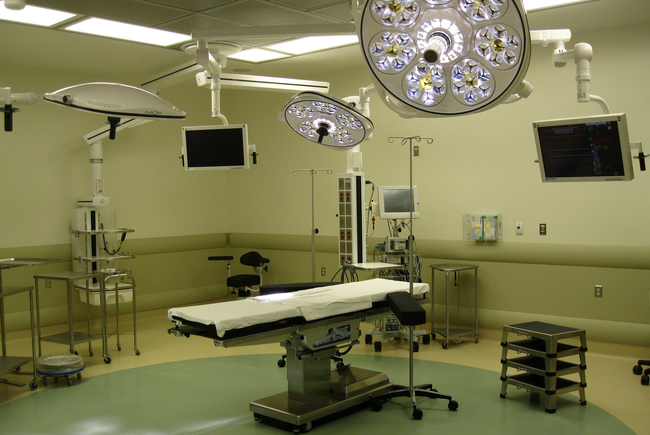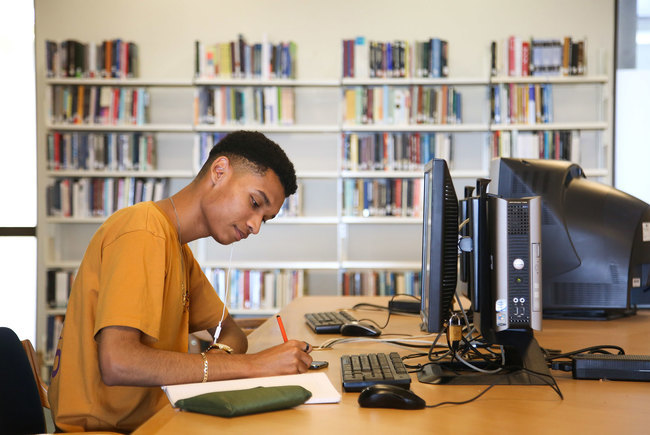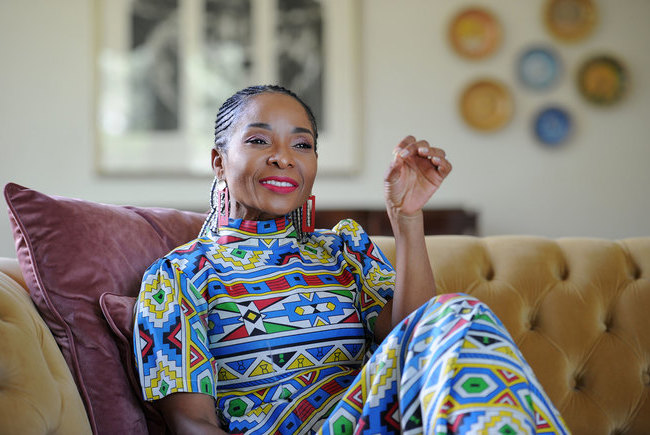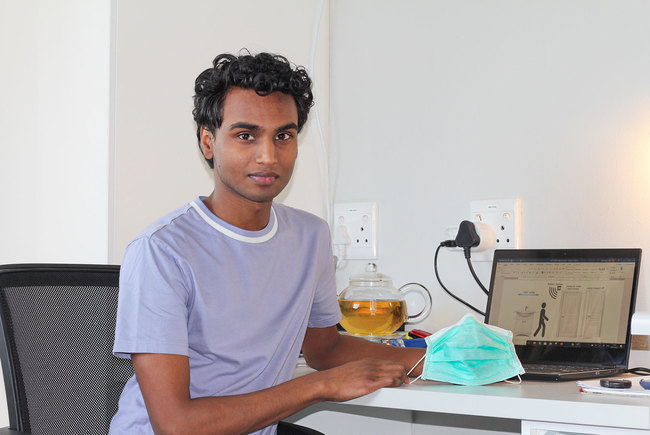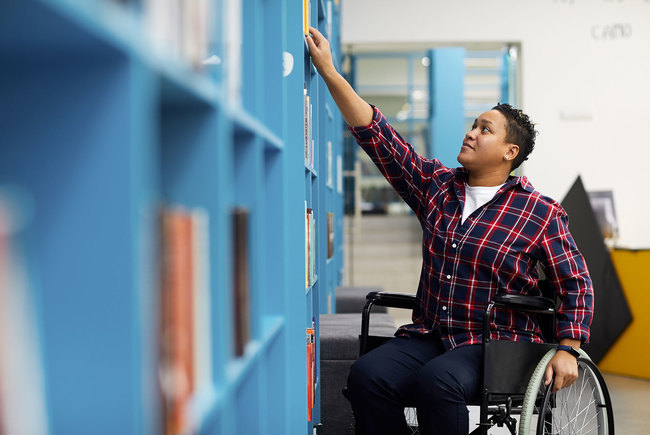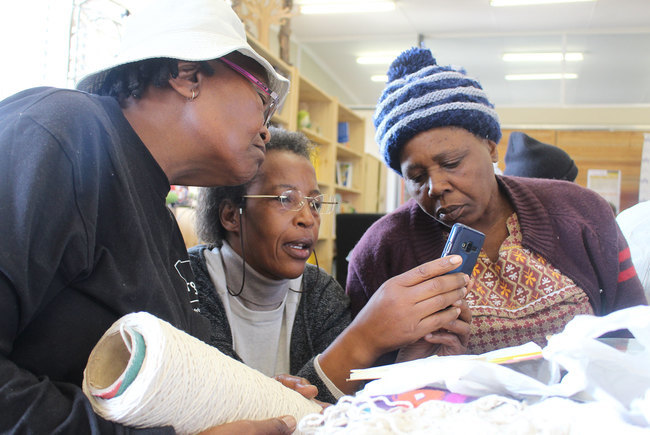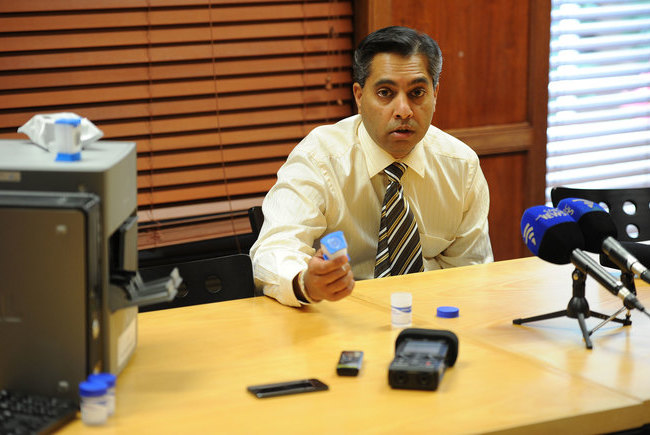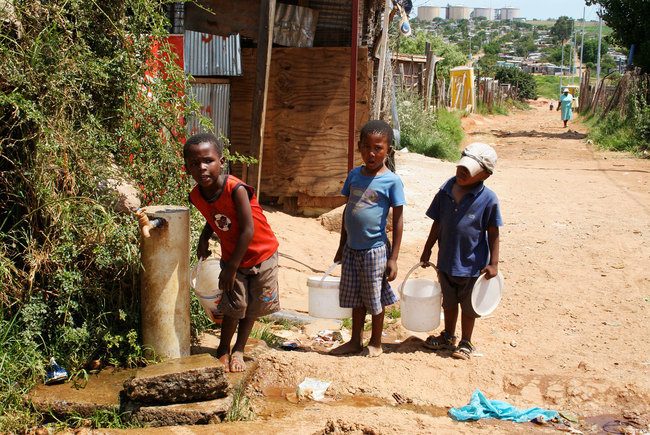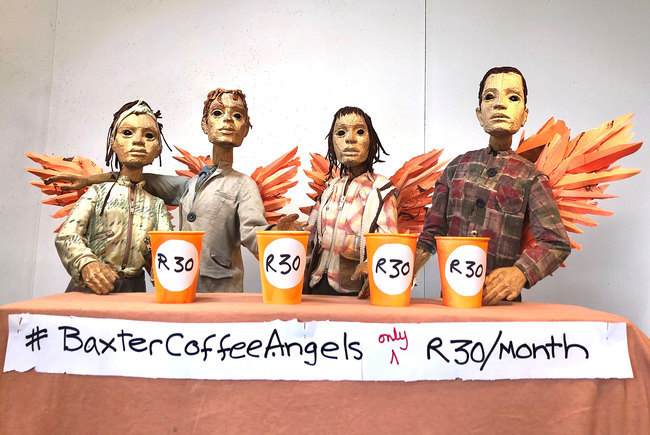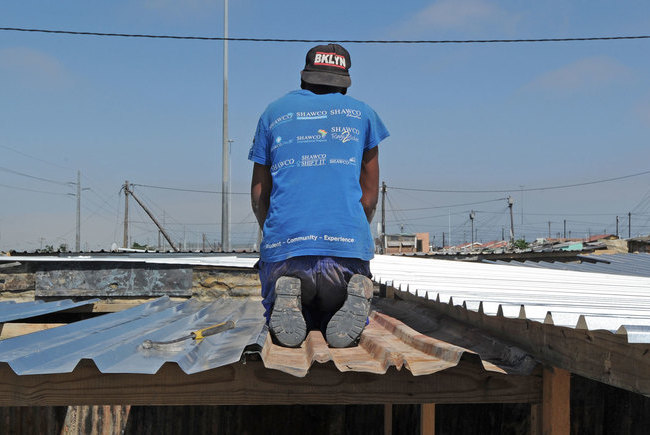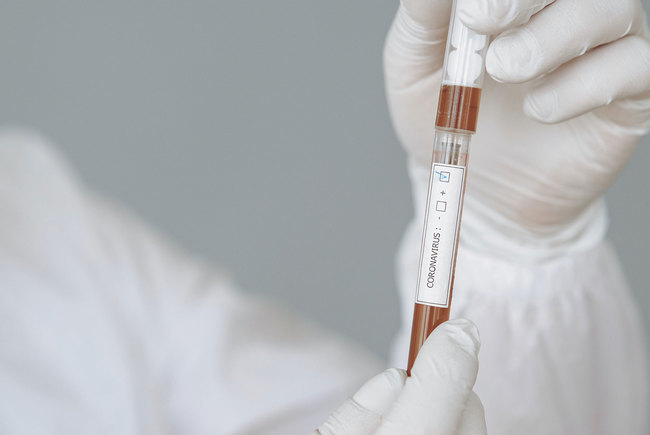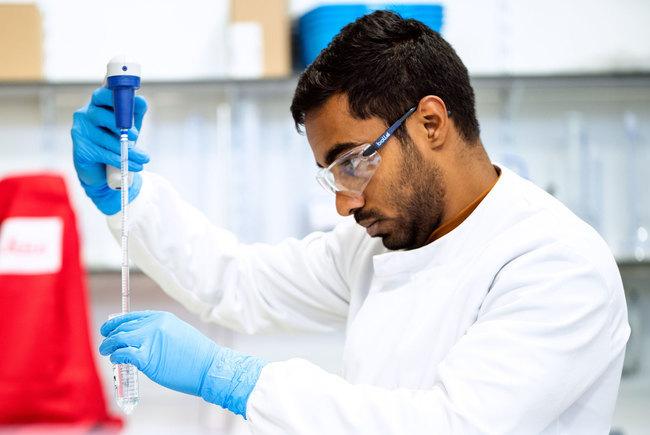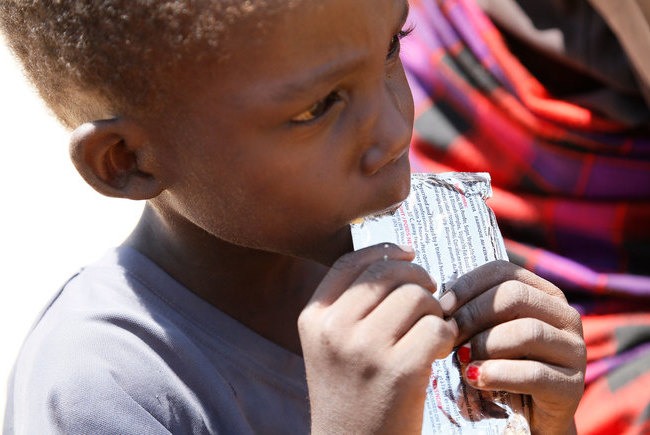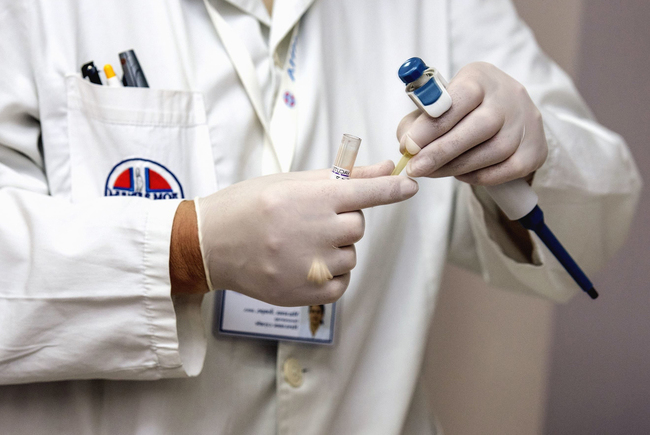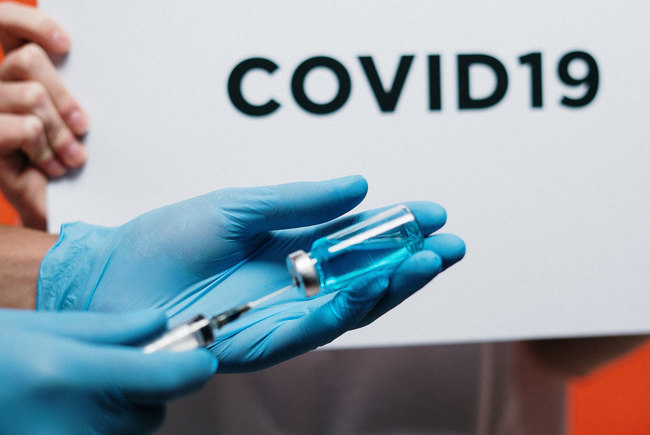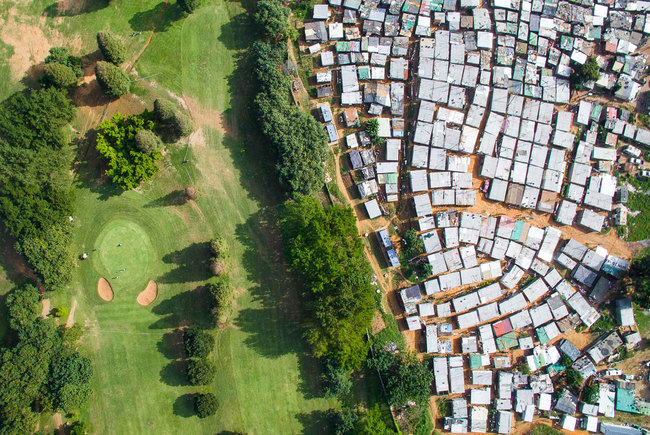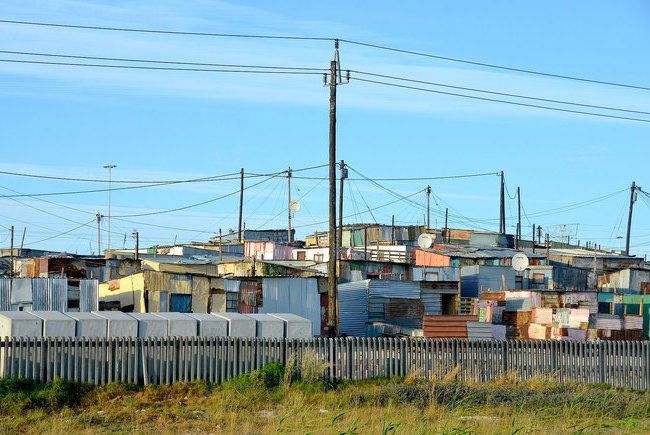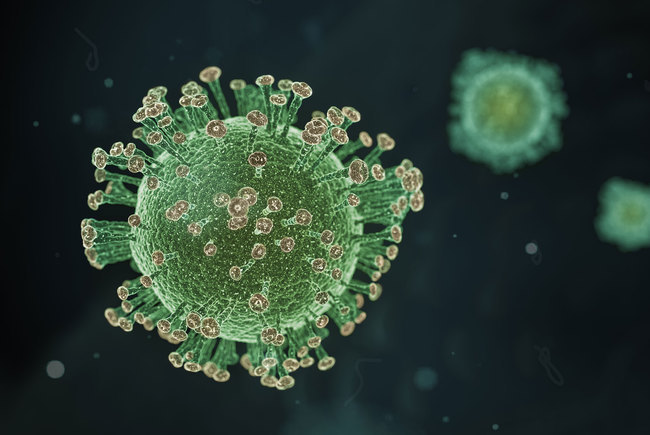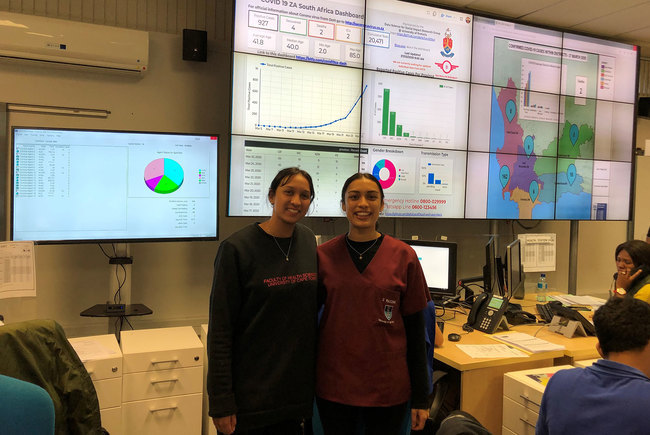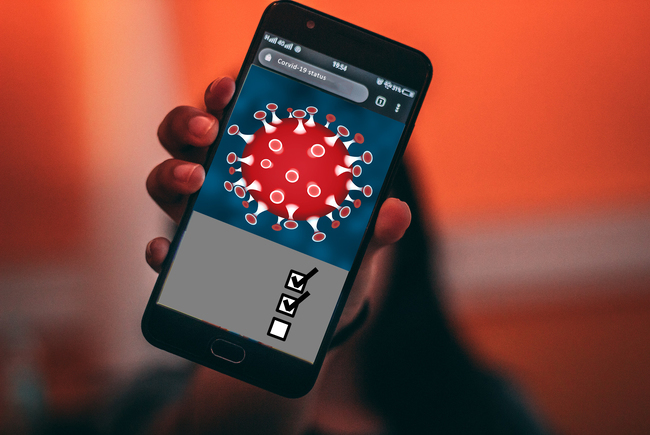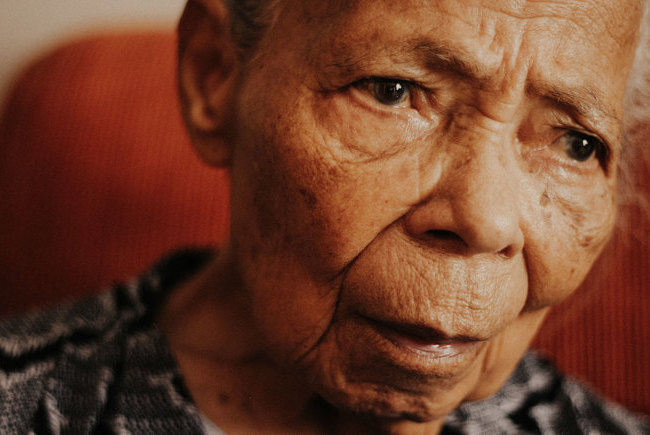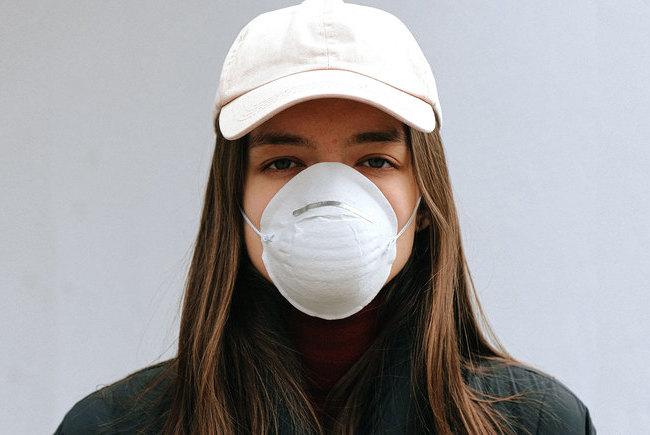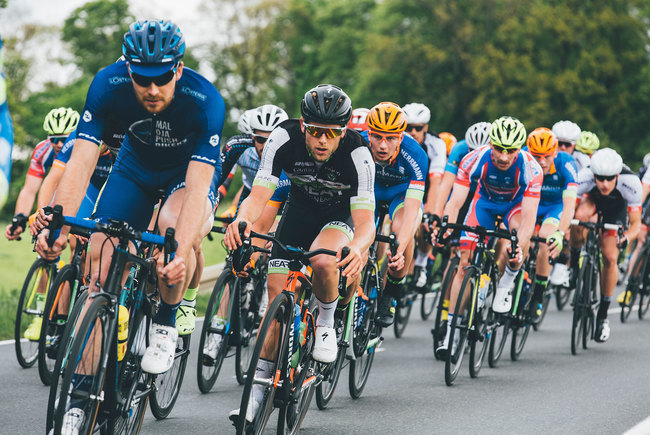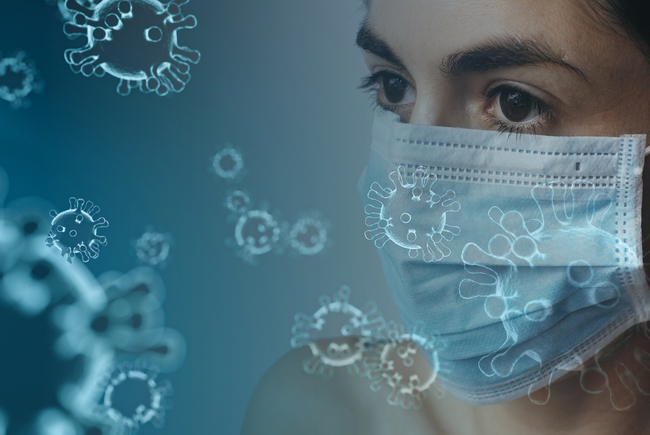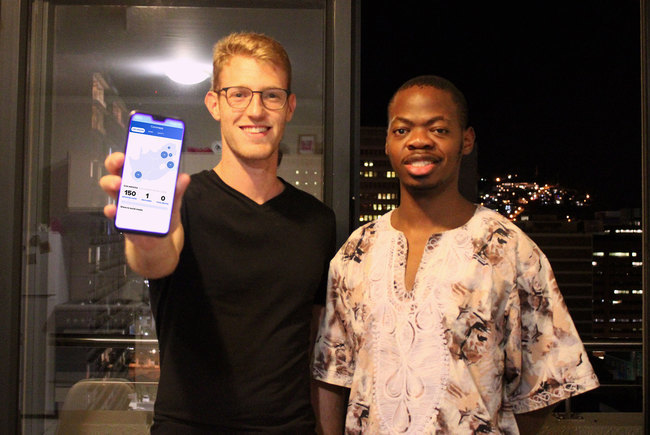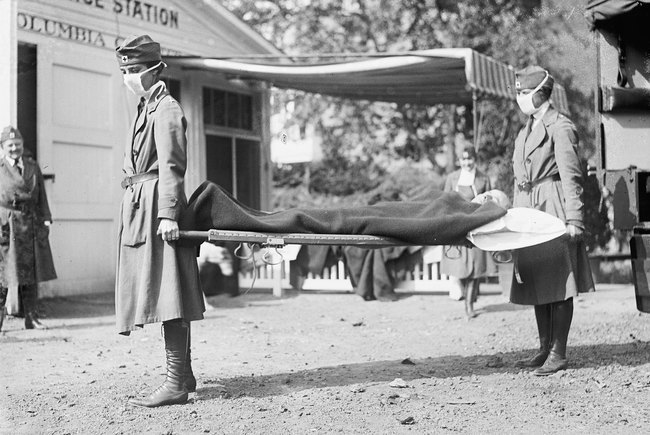COVID-19 info for Africa by Africans
23 July 2020 | Story Niémah Davids. Photo Pexels. Read time 6 min.
Led by two University of Cape Town (UCT) alumni, the Afrikan Research Initiative (ARI) – a continental non-profit research organisation – is dedicated to providing vital epidemiological information about COVID-19 to keep Africans informed about the prevalence and spread of the pandemic.
ARI cofounder Thabo Mabuka, a chemical engineering graduate from UCT’s Faculty of Engineering & the Built Environment, said his organisation brings essential information about issues that affect the continent to its people. He described ARI as an information hub created by Africans for Africa.
Since the outbreak of the COVID-19 pandemic, ARI established the COVID-19 Project to map and track the spread of the disease and its burden on the continent. Part of its work is to suggest targeted interventions on how the continent should deal with the virus.
“We started ARI to create a platform that veers from the traditional research model where funding influences research projects on the continent, to a more community propelled online research model,” he said.
“We also wanted to meet the growing need for Afrocentric information and data on pertinent issues that affect our country and the continent. The coronavirus disease is one such example. We want to show that we are proactive in the research space.”
UCT News caught up with Thabo for more information on ARI’s COVID-19 Project and the progress the team has made to date.
Niémah Davids (ND): Tell us about ARI’s COVID-19 project.
Thabo Mabuka (TM): Our main goal is to develop a COVID-19 risk assessment epidemiological model for African countries during and after lockdown. Essentially, this model provides epidemiological information on the virus to help governments on the continent manage the pandemic effectively.
We’ve already developed an SEIR (susceptible, exposed, infectious, recovered) model that focuses on compartmentalising the population into different classes, and we use statistical and clinical fundamentals about the virus to try and predict what things will look like in the future.
“We use statistical and clinical fundamentals about the virus to try and predict what things will look like in the future.”
Thus far, we’ve developed a model for South Africa, which indicates that if the current national lockdown remains in place, the potential peak of daily COVID-19 cases will be reduced by 72%. We also noticed an overall 47% reduction in the daily number [of cases] due to better screening, use of [personal protective equipment] PPE and proper hygiene practices. These results show the effectiveness of social distancing, the benefits of PPE and hygiene practice from an epidemiological perspective.
Our model differs from other current existing models because it factors in population and chronic disease demographics in Africa. It also helps to determine parameters based on statistical analysis of COVID-19 case data and not just clinic studies.
ND: Please unpack the risk assessment model in more detail.
TM: Models use information presented in the past to try and predict the future. Therefore, obtaining accurate information is critical. Even with the most accurate information, models are not perfect and need to be perpetually reviewed.
To help us develop our COVID-19 risk assessment model, we split our ARI COVID-19 Project team into smaller research teams and developed African datasets for COVID-19. We homed in on population demographics, chronic diseases, COVID-19 movement restrictions, migration patterns and healthcare systems. For chronic diseases, we came up with ARI African Disease Burden 2020 estimates. We then designed our SEIR model, which integrates all these datasets with an epidemiological interpretation
ND: Why was there a need to come up with this risk assessment model?
TM: Following the outbreak of COVID-19, epidemiological modelling garnered much attention in South Africa. But we noticed that crucial information applicable to the continent was missing.
“We developed a special model that considers Africa’s population and the chronic diseases our people suffer from.”
Given the disease burden in Africa, we developed a special model that considers Africa’s population and the chronic diseases our people suffer from. Because national lockdowns and travel limitations have come at a great cost to African economies, our model also looks into the potential risk of imported COVID-19 cases, with the prospect that borders will eventually be opened to alleviate the economic pressure.
ND: How will this risk assessment benefit South Africa and the continent at large?
TM: Our model provides government and other relevant authorities with critical information, such as predicted daily cases (mild, severe and critical) and potential COVID-19 comorbidities, which will enable them to plan healthcare systems and facilities adequately in order to deal with the effects of the pandemic.
Further, our model looks at the impact of national lockdowns and travel restrictions on the rate of infections. This will help quantify the effectiveness of these strategies. It also examines herd immunity, when a country has enough of its population immune to a disease. Quantifying the herd immunity will help determine the number of people that will need to be vaccinated to stop the epidemic.
Just this week our partnership with the Center for Disease Dynamics, Economics and Policy [in Washington] was made official. Part of this collaboration is to share our model and the information we continue to collect.
ND: What are your next steps?
TM: We plan to create risk assessment epidemiological models for all African countries while considering each country’s population and disease burden. The model’s design will remain standard, but we’ll adjust parameters according to the country.
 This work is licensed under a Creative Commons Attribution-NoDerivatives 4.0 International License.
This work is licensed under a Creative Commons Attribution-NoDerivatives 4.0 International License.
Please view the republishing articles page for more information.
Coronavirus Disease 2019 updates
COVID-19 is a global pandemic that caused President Cyril Ramaphosa to declare a national disaster in South Africa on 15 March and implement a national lockdown from 26 March.
UCT is taking the threat of infection in our university community extremely seriously, and this page will be updated regularly with the latest COVID-19 information.
Daily updates
Campus communications
Resources
Video messages from the Department of Medicine
Getting credible, evidence-based, accessible information and recommendations relating to COVID-19
The Department of Medicine at the University of Cape Town and Groote Schuur Hospital, are producing educational video material for use on digital platforms and in multiple languages. The information contained in these videos is authenticated and endorsed by the team of experts based in the Department of Medicine. Many of the recommendations are based on current best evidence and are aligned to provincial, national and international guidelines. For more information on UCT’s Department of Medicine, please visit the website.
To watch more videos like these, visit the Department of Medicine’s YouTube channel.
Useful information from UCT
External resources
News and opinions
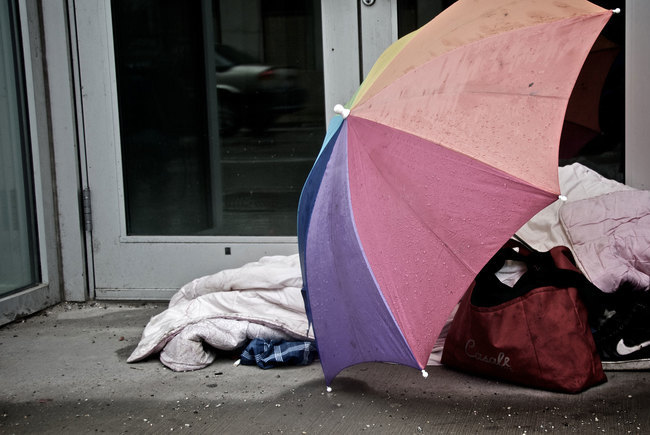
As the COVID-19 crisis drags on and evolves, civil society groups are responding to growing and diversifying needs – just when access to resources is becoming more insecure, writes UCT’s Prof Ralph Hamann.
03 Jul 2020 - 6 min read Republished
The Covid-19 crisis has reinforced the global consequences of fragmented, inadequate and inequitable healthcare systems and the damage caused by hesitant and poorly communicated responses.
24 Jun 2020 - >10 min read Opinion
Our scientists must not practise in isolation, but be encouraged to be creative and increase our knowledge of the needs of developing economies, write Professor Mamokgethi Phakeng, vice-chancellor of UCT, and Professor Thokozani Majozi from the University of the Witwatersrand.
09 Jun 2020 - 6 min read Republished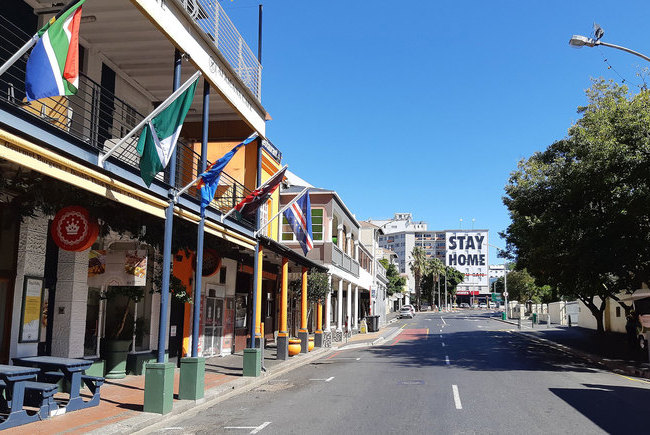
South Africa has been recognised globally for its success in flattening the curve, which came as a result of President Ramaphosa responding quickly to the crisis, writes Prof Alan Hirsch.
28 Apr 2020 - 6 min read RepublishedStatements and media releases
Media releases
Read more
Statements from Government
In an email to the UCT community, Vice-Chancellor Professor Mamokgethi Phakeng said:
“COVID-19, caused by the virus SARS-CoV-2, is a rapidly changing epidemic. [...] Information [...] will be updated as and when new information becomes available.”
We are continuing to monitor the situation and we will be updating the UCT community regularly – as and when there are further updates. If you are concerned or need more information, students can contact the Student Wellness Service on 021 650 5620 or 021 650 1271 (after hours), while staff can contact 021 650 5685.








